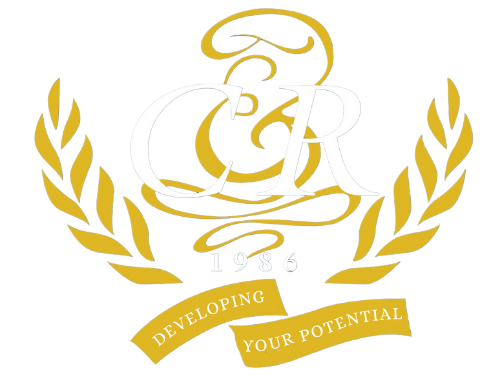Firstly What is a Will?
A Will, in simple terms, is a legal document that describes what should happen to, and who should be in charge of, your Estate after you die. It gives instructions on how you want your assets to be distributed to your family, friends and others (charities, for example).
A Will also allows you to express additional preferences such as who will look after your children, who will take care of your pets and the type of funeral you’d prefer.
While your Will performs the basic function of distributing your assets after you die, the more important role it plays is to provide protection.
Making a legally binding Will is the the best way to ensure that your Estate and affairs are dealt with exactly as you want when you’re no longer here. It gives you the chance to provide for the people who matter to you (your Beneficiaries) and to appoint an Executor you know and trust to administer the Will.
The 9 main things to consider when making a Will
- Who would you like your Executor(s) to be? Who do you trust to carry out the instructions in your Will fairly and properly? Would you like anyone to act as backup if your main executor dies before you or can’t act?
- What are the main assets you own? Your assets may change over time but it’s important to think about what you own so you can think about who should benefit from those assets?
- What are the main debts that you have? These will need to be paid when you pass away, so you may want to consider which assets you would prefer to be sold or used to cover these debts.
- Do you own any assets as “joint tenants” with another person? This property will automatically go to the other joint owner on your death. If for some reason you do not want this to happen, you should seek legal advice.
- Do you have superannuation? Superannuation does not automatically form part of the assets in your Will. The payment of your superannuation benefits is dealt with through the rules of your super fund. You should get advice (either from your super fund, or a qualified adviser) about how to deal with your super in your estate plan.
- Who would you like to benefit from your estate? Generally, a person’s next of kin will be a main candidate to benefit from their estate. It is important to treat next of kin fairly and equally to avoid a situation where your Will could be challenged. If you want to exclude your spouse or children from your Will, it is recommended that you obtain legal advice.
- Who would you like to take care of your children? It can be difficult to decide on who is best placed to care for your children in the event of your death.
- Who would you like to look after your pets?
- Would you like to leave any charitable donations in your Will? You can allow to leave either a percentage of your Estate or specific gifts to people and charities of your choice.
Complete your details on this blog to book a confidential, obligation free discussion about your circumstances today or;
